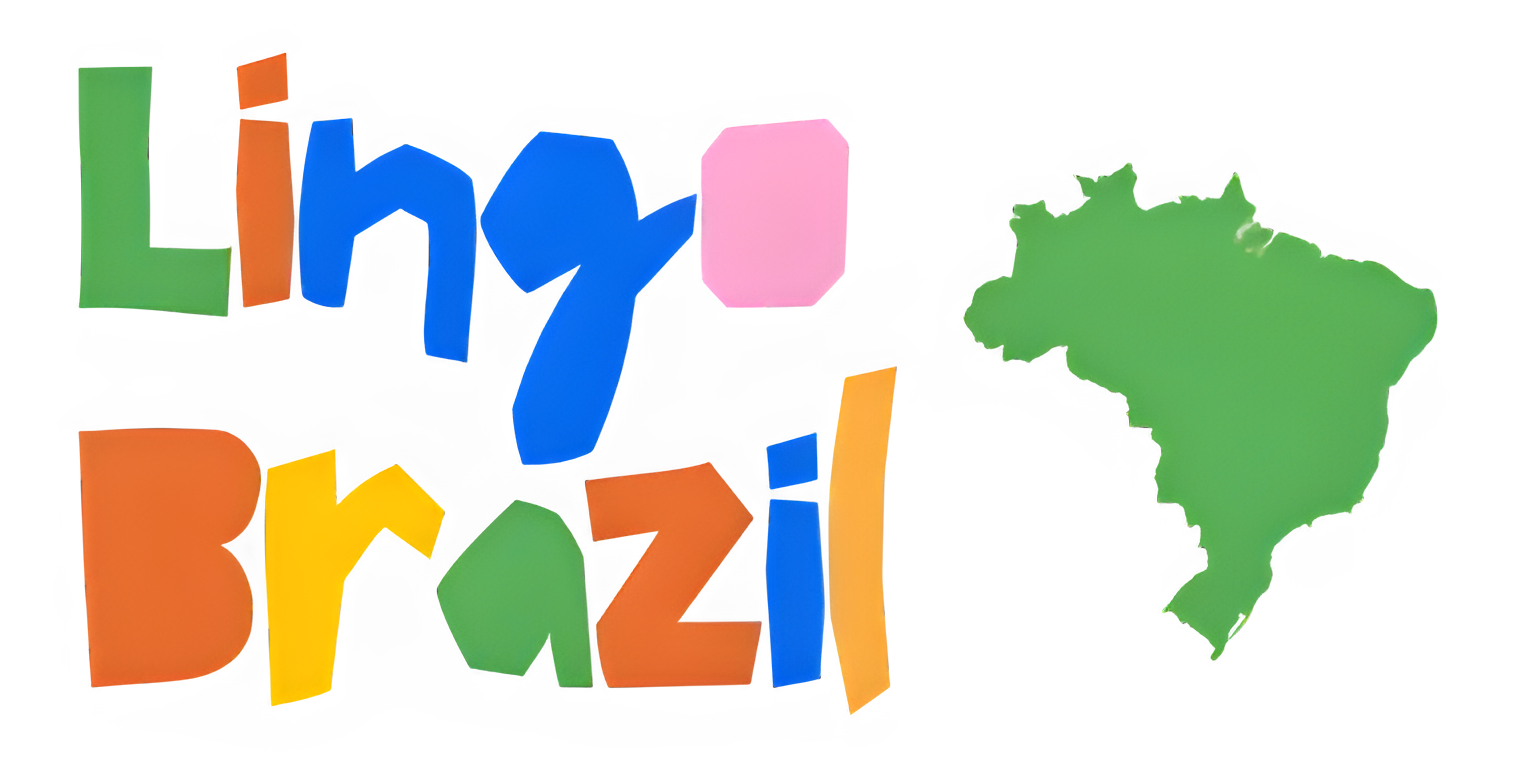How to Pronounce ão in Portuguese
Table of Contents

Are you struggling with the pronunciation of the Portuguese diphthong ‘ão’? You’re not alone! This unique sound can be tricky for non-native speakers, but with the right guidance, you’ll be pronouncing it like a pro in no time. Whether you’re learning Brazilian or European Portuguese, mastering ão in Portuguese will enhance your language skills and make your speech more authentic.
What is the Sound of ão in Portuguese?
The ‘ão’ sound is a nasal diphthong, commonly found in both Brazilian Portuguese and European Portuguese. It’s a combination of a vowel and a nasal consonant, which gives it a distinct quality. Words like ‘cão’ (dog), ‘pão’ (bread), and ‘mão’ (hand) all feature this sound.
How to Pronounce ão
Pronouncing ‘ão’ involves a combination of a rounded, open vowel sound followed by a soft nasal consonant. Here’s a step-by-step guide to help you get it right:
1. Start with the Vowel Sound: Begin by pronouncing the ‘a’ sound, similar to the ‘a’ in ‘father’ but slightly more open and rounded, almost like the ‘ow’ in ‘how’ without the final ‘w’ sound.
2. Add the Nasal Component: As you pronounce the vowel, allow the sound to resonate through your nasal cavity. This is the key to achieving the correct nasal quality of ‘ão’.
Practice with Example Words:
– Cão (dog): Pronounce ‘c’ followed by ‘ão’ as described.
– Pão (bread): Start with ‘p’, then the ‘ão’ sound.
– Mão (hand): Begin with ‘m’, followed by ‘ão’.

Tips for Mastering ‘ão’
– Listen to Native Speakers: Pay attention to how native speakers pronounce ‘ão’ in words. Mimic their intonation and nasal resonance.
– Practice Regularly: Repetition is key. Practice daily, even if only for a few minutes.
– Use a Mirror: Watching yourself in a mirror can help you observe the movements of your mouth and throat as you practice.
Common Mistakes to Avoid
– Over-Nasalization: Avoid making the sound too nasal, as it can distort the pronunciation.
– Under-Nasalization: Conversely, not using enough nasal resonance can make the sound too sharp.
ão pronunciation examples
Here are some words to help you practice the ão sound:
– Cão (dog)
– Pão (bread)
– Mão (hand)
– Gente (people)
– Caminhão (truck)
Conclusion

Mastering the ‘ão’ sound in Portuguese takes practice, but with consistent effort, you’ll get it right. Remember to listen to native speakers, practice regularly, and avoid common mistakes. For more insights, check out this pronunciation guide or explore the Portuguese language resources for additional tips.
and you can read our guide on Learning Brazilian Portuguese Common Mistakes.
By following these steps and dedicating time to practice, you’ll confidently pronounce ‘ão’ and enhance your Portuguese speaking skills.
